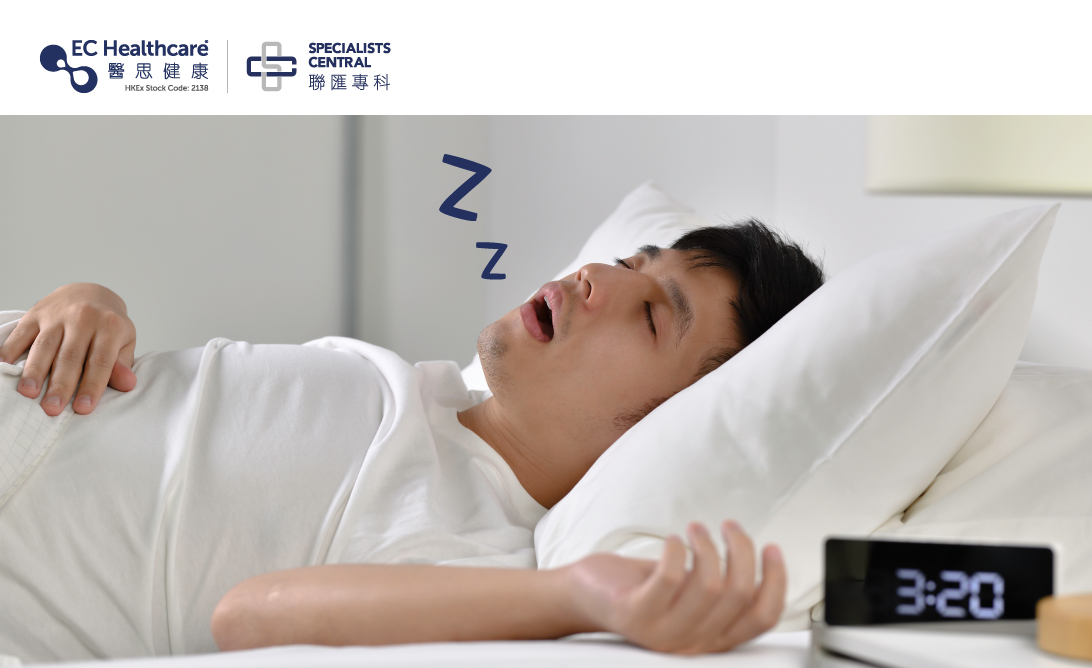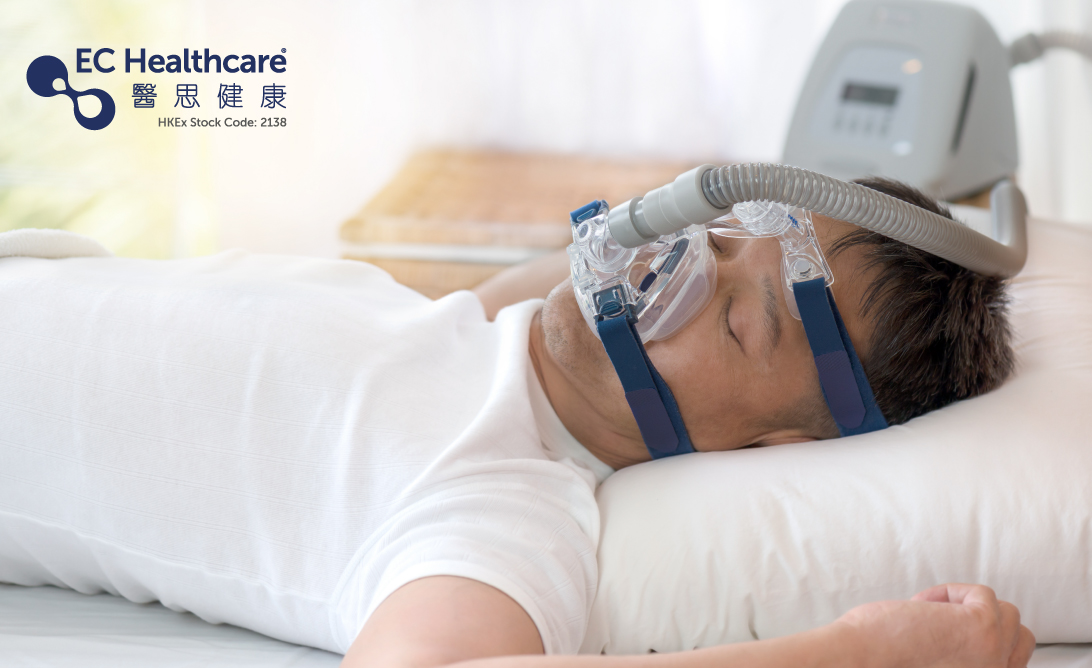Snoring may Increase the Risk of Heart Disease and Diabetes! Explore the symptoms and treatment of sleep apnea in one comprehensive article.


Have you ever wondered if your partner's snoring could be a sign of sleep apnea? It might also indicate a higher risk of developing heart disease or diabetes. Snoring occurs when air passes through narrowed airways during inhalation, resulting in resonating sounds. However, if the airway is completely obstructed, preventing oxygen from entering the lungs for 10 seconds or more, or if there are instances of choking during sleep occurring more than 5 times per hour, it indicates sleep apnea.
Sleep Apnea can be Classified into Three Main Types
Generally speaking, sleep apnea can be categorized into three types: obstructive sleep apnea, central sleep apnea, and mixed sleep apnea.
1. Obstructive Sleep Apnea (OSA)
The majority of sleep apnea patients fall into this category. Most often, patients with OSA experience blockage of the airway during sleep due to factors such as obesity, deviated nasal septum, nasal polyps, or enlarged tonsils. Additionally, individuals with conditions such as diabetes, hormonal imbalances, high blood pressure, or heart disease are also more prone to experiencing sleep apnea.
2. Central Sleep Apnea (CSA)
Approximately 10% of patients fall into this category. Individuals with CSA may have a history of conditions such as stroke or heart failure, which can slow down brain activity and prevent the proper signaling for breathing, resulting in oxygen deprivation and awakening during sleep.
3. Mixed Sleep Apnea
This type refers to individuals who have both obstructive and central sleep apnea simultaneously.
Symptoms of Sleep Apnea:
-Loud and thunderous snoring with frequent interruptions and sudden loud sounds
-Intermittent pauses in breathing during sleep, occurring several times to dozens of times per hour, lasting from a few seconds to several tens of seconds
-Mouth breathing during sleep
-Sudden awakenings during sleep
-Morning headaches and fatigue
-Excessive daytime sleepiness and sluggishness
-Decline in memory and concentration
-Irritability
-Frequent urination
-Decreased libido
Sleep Apnea Increases the Risk of Heart Disease
When patients with sleep apnea experience oxygen deprivation, a substance called "free radicals" is produced. Free radicals can damage blood vessels, leading to the accumulation of plaques in the coronary arteries. This can eventually result in blockages and trigger sudden heart problems, heart failure, high blood pressure, and other cardiovascular diseases. The risk of developing these conditions is 2 to 5 times higher for individuals with sleep apnea compared to the general population. Additionally, the oxygen deprivation-induced free radicals can also affect the pancreas and increase the risk of developing diabetes.
Treatment Options for Sleep Apnea
The treatment for sleep apnea depends on the specific type diagnosed by the physician. Here are a couple of examples:
Oral Appliance Therapy:
This involves using a custom-made dental device that helps position the patient's lower jaw forward, thereby keeping the airway open during sleep.
Continuous Positive Airway Pressure (CPAP):
This treatment utilizes a machine that delivers pressurized air into the patient's upper airway, ensuring that the airway remains open during sleep.
Surgical Removal of Tissues:
In cases where the patient has enlarged tonsils, elongated uvula, or significant nasal polyps causing airway obstruction, surgical removal of excess tissues may be considered. However, it is important to note that not all patients are suitable candidates for this procedure.
Related Brands









